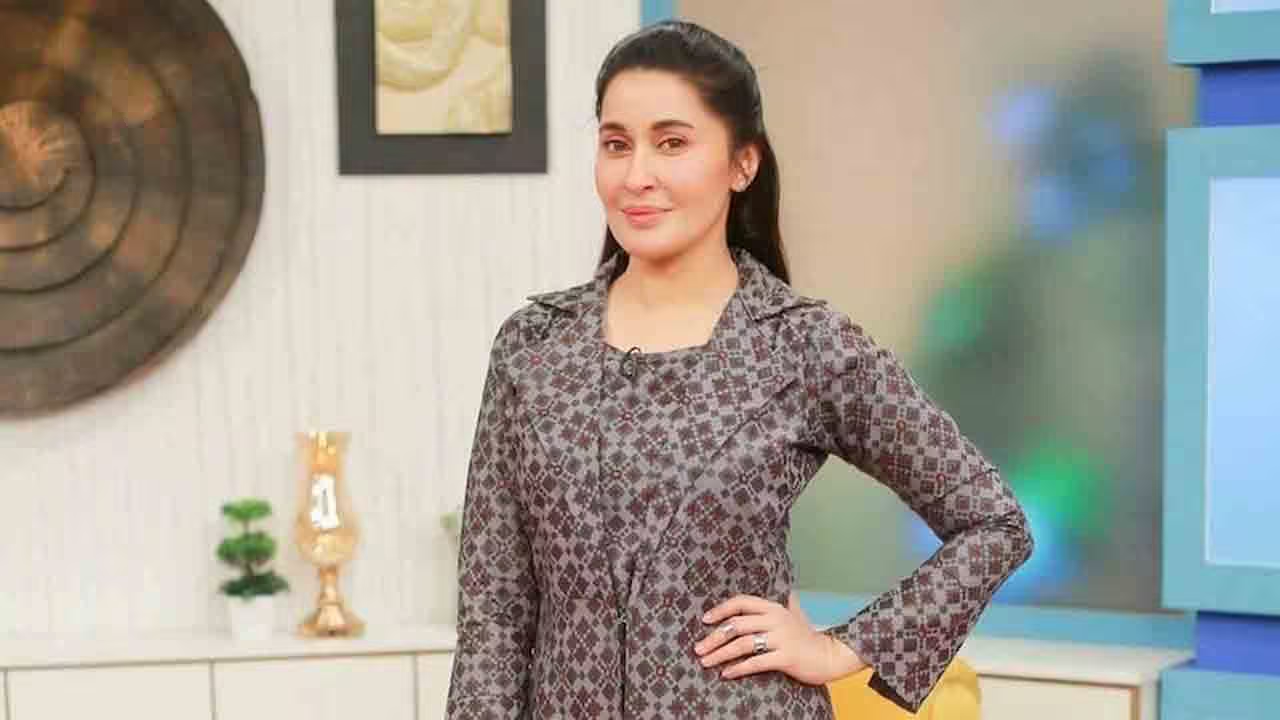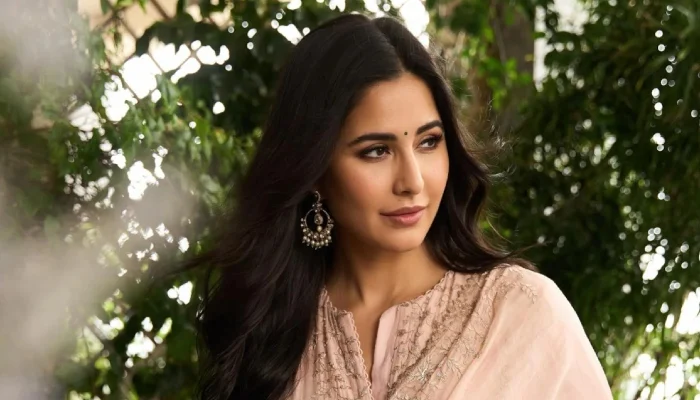Recently, popular television host and actress Shaista Lodhi appeared as a guest on a private TV program, where she openly discussed her thoughts on women’s struggles and the dynamics within marriages. Lodhi, who is known for her candid views, touched on the sensitive topic of women feeling helpless and attributing their difficulties solely to their husbands.
Women’s Sense of Helplessness in Society
During the interview, Shaista Lodhi expressed her belief that many women in society feel powerless in their lives, and as a result, often hold their husbands responsible for their unhappiness or challenging circumstances. She emphasized that while there are undoubtedly situations where women are victims of difficult marriages, there are also cases where women themselves play a part in perpetuating a feeling of helplessness. According to Lodhi, many women internalize the belief that their lives are beyond their control, placing the entirety of the blame for their problems on their spouses.
In addressing this issue, Lodhi said, “In our society, most women feel so helpless that they think their husband is solely responsible for their condition.” This, she suggests, is a mindset that needs to be revisited and challenged.
Reflections on Her Mother’s Experience
Shaista Lodhi also shared personal insights from her own family, specifically referring to her mother’s outlook on life. She recounted how her mother continues to hold her father responsible for the difficulties she faced in her life. According to Lodhi, her mother repeatedly claims that her father’s actions and decisions were the primary reasons for any hardships or challenges she experienced in their marriage.
Lodhi described her mother’s tendency to see her father as the cause of all her misfortunes, a viewpoint she doesn’t necessarily agree with. “Till date, my mother blames my father for every problem,” she said during the program. Lodhi, however, argued that this perception is not entirely accurate, stating, “Mother says that if her life is bad, my father is responsible for it, but it is not the truth.”

Accountability and Self-Reflection
One of the key messages Shaista Lodhi conveyed during the interview was the importance of self-reflection and personal accountability in relationships. She hinted at the idea that while societal norms and pressures often shape how women view their roles within a marriage, it is crucial for women to recognize their own agency and not solely rely on their husbands as scapegoats for their problems.
By sharing her mother’s perspective and her disagreement with it, Lodhi pointed out that personal happiness and fulfillment cannot be entirely dependent on another individual, even a spouse. She emphasized that women need to reclaim their power and take responsibility for their lives, rather than assigning all the blame to external factors.
Lodhi’s perspective encourages a shift in how women view themselves within the family structure, suggesting that self-awareness and a proactive attitude can help break the cycle of helplessness that many women feel trapped in.
Societal Expectations and Gender Roles
The views Shaista Lodhi shared also reflect broader societal expectations regarding gender roles in marriage. In many cultures, especially in more traditional settings, women are often expected to be submissive and dependent on their husbands, which can lead to a deep-seated belief that they have little control over their circumstances. This can result in women feeling as though their happiness or lack thereof is tied exclusively to the behavior and actions of their husbands.
Lodhi’s comments serve as a reminder that while external circumstances can significantly impact one’s life, it is essential for individuals, especially women, to recognize their own role in shaping their experiences. This does not mean ignoring the very real struggles many women face due to societal pressures or inequities in marriage, but rather advocating for a more balanced perspective where both partners share responsibility for the relationship’s dynamics.
A Call for Empowerment
Shaista Lodhi’s conversation on the show can be seen as a call for empowerment. By encouraging women to look inward and take responsibility for their lives, she is promoting a more active role for women in shaping their destinies. Her message is particularly relevant in a world where women are increasingly stepping into leadership roles and advocating for their rights, both within the home and in the broader societal context.
Lodhi’s belief in personal accountability is a powerful reminder that women can and should take charge of their lives, even within the confines of traditional gender roles. While she acknowledges the challenges many women face, her stance is one of empowerment, urging women to recognize their strength and capability to create change.
Shaista Lodhi’s remarks about women’s helplessness and her reflections on her mother’s experience provide a thought-provoking perspective on the role of women in marriage and society. Her emphasis on personal accountability and empowerment encourages women to take control of their own lives rather than feeling bound by societal expectations or the actions of their spouses. By sharing her views, Lodhi is contributing to a larger conversation about gender roles, self-awareness, and the importance of agency in relationships.



